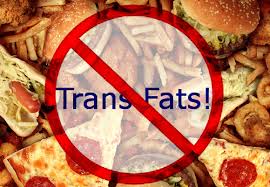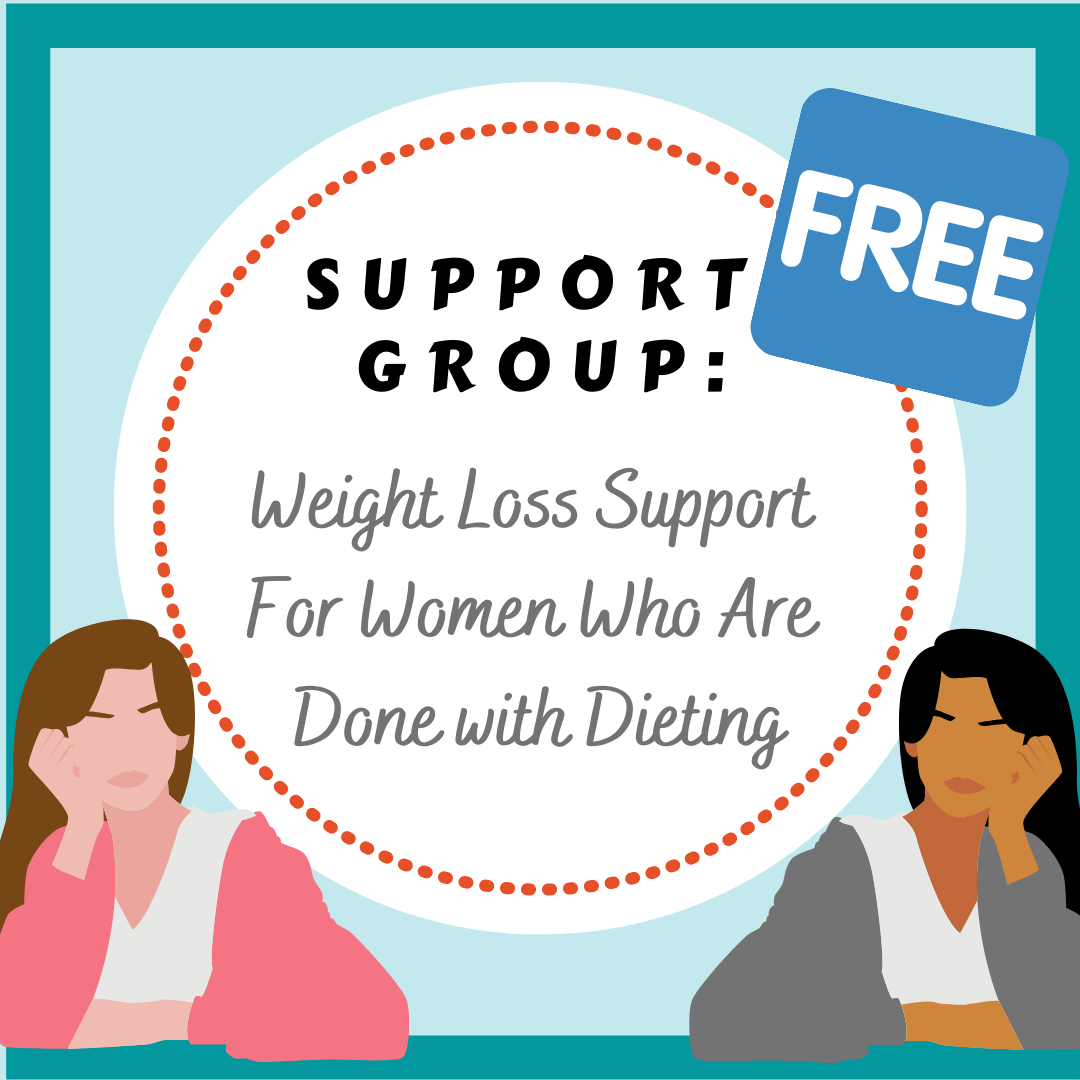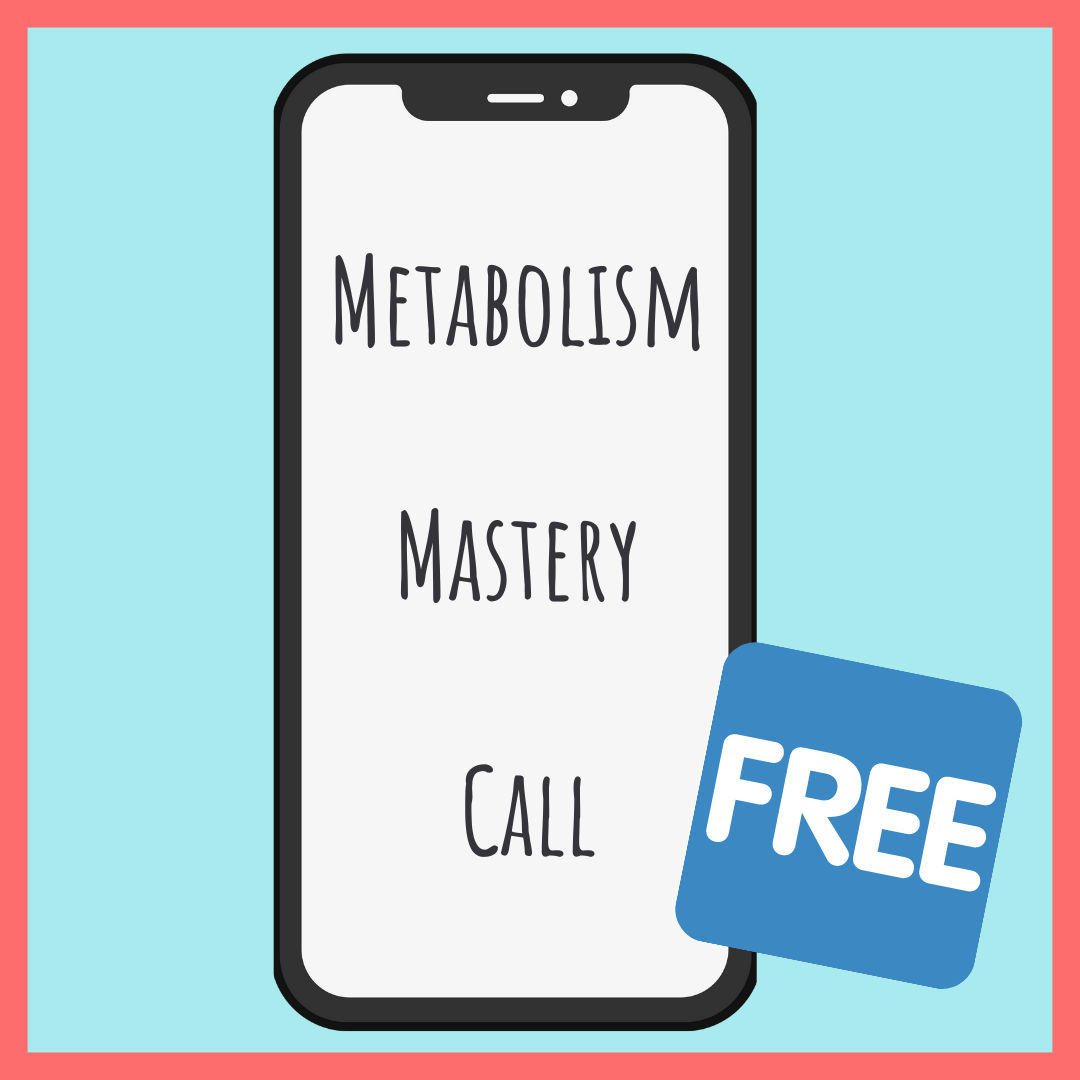 Did you know that New York City and Chicago are seriously considering the ban of trans fats in their restaurants? Well it looks like trans fats are the new cigarettes. Also, as of January 2006, trans fats are required to be listed on Nutrition Facts Labels. With all this recent controversy over these harmful fats, I’d like to clarify why trans fats are dangerous and explain how they are affecting our lives.
Did you know that New York City and Chicago are seriously considering the ban of trans fats in their restaurants? Well it looks like trans fats are the new cigarettes. Also, as of January 2006, trans fats are required to be listed on Nutrition Facts Labels. With all this recent controversy over these harmful fats, I’d like to clarify why trans fats are dangerous and explain how they are affecting our lives.
What is Trans Fat?
Trans fat (AKA trans fatty acids, hydrogenated oil and partially hydrogenated oil) is a type of processed, unsaturated fat that has been chemically altered in order to make it more solid and give it a longer shelf life. Food manufacturers add hydrogen to vegetable oil making it a partially hydrogenated oil, which is essentially a trans fat.
What are possible Health Risks from consuming too much Trans Fat?
More than any other fat, trans fats are the biggest contributor to Heart Disease. They have been shown to significantly increase LDL cholesterol (the bad cholesterol) and seriously lower HDL cholesterol (the good cholesterol). All in all, this means that consumption of trans fat clogs your arteries and contributes to heart disease and heart attacks, as well as other major health conditions, such as Type II Diabetes.
What foods contain Trans Fats?
Trans fats or partially hydrogenated oils are commonly found in processed foods, like doughnuts, crackers, cookies, fried foods, salad dressings, pretzels, tortillas, pizza, and the list goes on. Most experts recommend that we do not eat any trans fat, 0-2 grams/day. With that in mind, check out the scary statistics at your local fast food joint.
| KFC Chicken Pot Pie | 14 grams of Trans Fat |
| McDonald’s large fries | 8 grams of Trans Fat |
| McDonald’s apple pie | 4.5 grams of Trans Fat |
Tips from the Nutritionist
- Read the ingredients for EVERYTHING. If the word “hydrogenated” or “partially hydrogenated” or “shortening” is listed, do not buy it! Many people just look at the Nutrition Facts. In order to be foolproof, it is essential to read the ingredients.
- When eating out, it is impossible to know whether foods contain trans fat unless you ask questions. If you order salad dressing or anything that is baked or fried, make sure to ask if they use partially hydrogenated vegetable oil. Overall, assume that most unlabeled baked and fried goods contain partially hydrogenated oils or trans fats.
- It is important to monitor your saturated fat intake as well. Foods that contain saturated fat are animal products, butter, and dairy products.
- Polyunsaturated oils can also become damaged when heated at high temperatures. Therefore, stay away from any heated or fried foods that contains polyunsaturated oil, such as vegetable, soybean, safflower, cottonseed, and corn oil.
- The healthiest fat is monounsaturated oil, which is usually found in olive, peanut, grapeseed, and canola oil.
















Leave a Reply